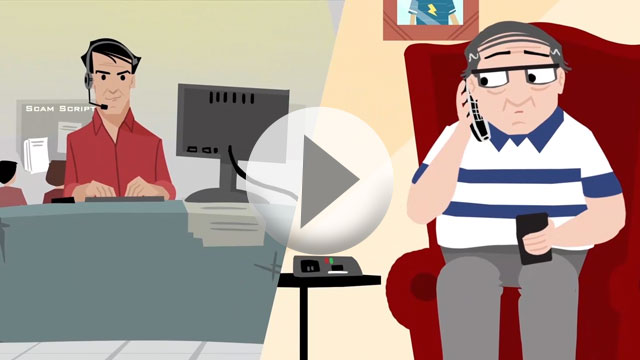Here’s how they work:
You get a call: “Grandma, I need money for bail.” Or money for a medical bill. Or some other kind of trouble. The caller says it’s urgent — and tells you to keep it a secret.
But is the caller who you think it is? Scammers are good at pretending to be someone they’re not. They can be convincing: sometimes using information from social networking sites, or hacking into your loved one’s email account, to make it seem more real. And they’ll pressure you to send money before you have time to think.
Here’s what you can do:
- Stop. Check it out. Look up your grandkid’s phone number yourself, or call another family member.
- Pass this information on to a friend. You may not have gotten one of these calls, but chances are you know someone who will get one — if they haven’t already.

Want to know more?
Sign up for Consumer Alerts at ftc.gov/ConsumerAlerts.
Download and order materials to pass on

